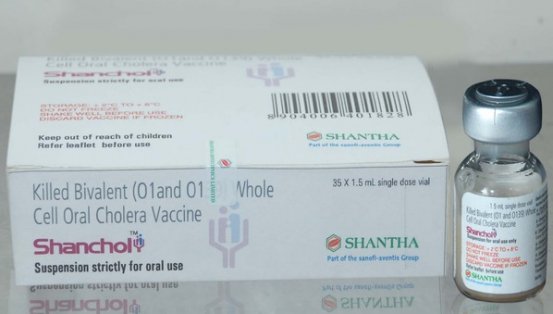×
The Standard e-Paper
Stay Informed, Even Offline

When Jane Gathoni entered professor Charles Chunge’s clinic along Ngong’ Road after being infected with cholera, little did she know that there is an effective cholera vaccine in Kenya.
Gathoni, a resident of Kibera, is not alone. Many Kenyans, including medics and paramedics do not know that there is a cholera vaccine.